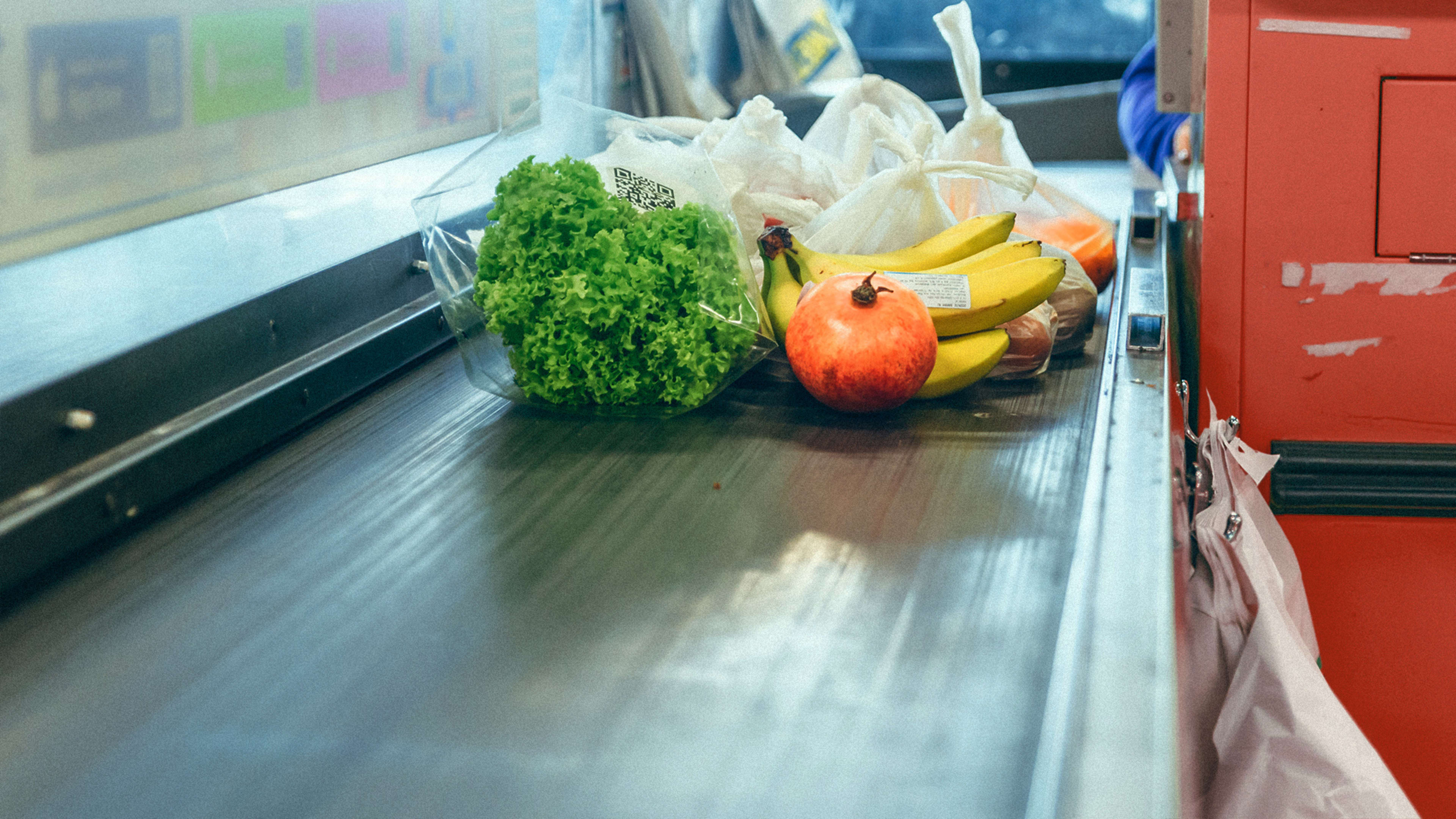When the U.S. government shut down in late December, the USDA’s budget expired and the agency was forced to use an emergency 30-day provision to distribute its next round of monthly SNAP benefits (Supplemental Nutritional Assistance Program, colloquially known as food stamps) to low-income recipients. Those vouchers, meant for February, arrived early–around January 20.
Now that the USDA’s lights are back on, the agency can resume its usual schedule. But that means that next set of vouchers will arrive in early March. For most people, SNAP benefits are beneficial, but people often run out of the money well before the month is over. In this case, the time between new benefits is even longer.
In New York, where roughly 1.6 million of the country’s 42 million or so SNAP recipients reside, the monthly benefit is estimated to run out every three weeks. Some families will now be tasked with stretching that for up to six or seven weeks, depending on when their next distribution is scheduled to hit.
The anti-poverty nonprofit Robin Hood Foundation is instituting a two-pronged plan to fix that. It relies on some existing aid theory and a new kind of pilot that might just reshape how cities respond to such crises in the future.
To start, the group contributed $150,000 for hunger relief nonprofit City Harvest to restock food pantries in 13 especially at-risk neighborhoods that have a high concentration of SNAP recipients. It will also donate up to $50,000 to five other pantries around the city that it funds directly. That covers a broad cross-section of places people can go in an emergency. But not everyone can make time for that–especially if they’re working and caring for children or it’s cold out.
So Robin Hood also turned to a high-tech solution. It contacted Propel, the company behind FreshEBT, an app that many people use to manage their SNAP benefits. When people hit very low balances in those accounts it now triggers a pop-up ad that lets them order direct-to-doorstep emergency meals from Feeding Children Everywhere, a Florida group that packs easy-to-prepare food. Robin Hood put aside $75,000 for that effort, enough to fund more than 5,000 boxes that each contain 50 prepacked meals. That’s enough to last a large family several days at least.
(There’s also at least one more complication: Feeding Children Everywhere delivers via FedEx, but people living in New York City Public Housing Authority units often can’t receive those packages. That’s a big concern for all kinds of future aid deliveries, and has triggered a broader conversation between Robin Hood and NYCHA about whether a retrofit is possible.)
Both efforts are especially important this week, because it’s mid-winter recess for the New York school system, and many kids who typically receive free school lunches are at home. “It became very clear to us early on that one of the largest federally funded programs that was going to be affected by the shutdown was SNAP,” says Veyom Bahl, Robin Hood’s managing director of survival programs. “That led to a series of conversations with all the people that we know and collaborate with around the city to figure out how best Robin Hood could position an emergency response.”
Robin Hood already had a connection to Propel, a former member of Blue Ridge Labs, Robin Hood’s incubator for startups thinking up technology-based solutions to poverty-related problems. For FreshEBT users, the alert is triggered if their balance falls below $10. Robin Hood initially put $50,000 toward the effort, but increased that after that food was claimed in less than 72 hours.
It’s a small start to solving major food insecurity. Another would be to extend existing food aid and the protections that could keep it stable. As of February 20, nearly 70% of FreshEBT users in New York reported balances of less than $10. “These folks are working families with children who are trying to make ends meet in this town, and that’s an extremely challenging thing to do,” he adds. “When a program like SNAP has this kind of a massive hiccup, it cuts to the core of [their] ability to provide.”
Recognize your brand’s excellence by applying to this year’s Brands That Matter Awards before the early-rate deadline, May 3.
